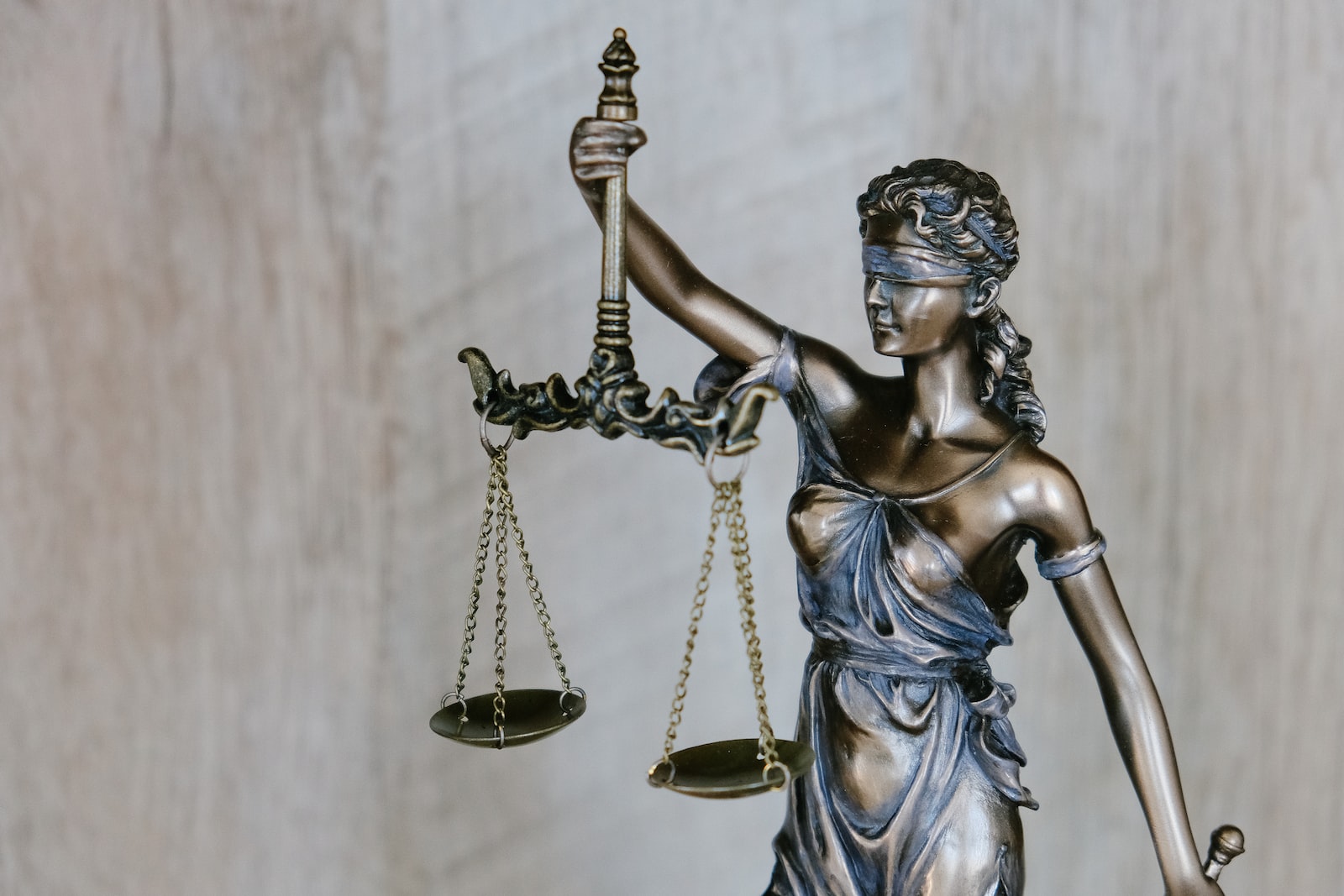Last Updated on: 25th November 2024, 10:10 pm
Facing the justice system for the first time can be tough, especially if you’re young. According to the National Institute of Justice, young people (teenagers and those aged 25 and less) are more likely to commit a crime as first-timers than older age groups.
So, if you’re within this category (or not) and dealing with a criminal case, a civil dispute, or any other legal matter for the first time, this is what to expect.
Understand the Charges
Dealing with the justice system requires understanding the charges against you. This means reviewing the police report, the complaint, or any other documents the court or the prosecutor provides.
You must carefully go through these materials to know the specific allegations and the potential consequences you’re facing.
You don’t want to just show up to court feeling frustrated or worried. You need to have a firm grasp of what’s really going on. Read everything thoroughly so you fully understand the details of the matter. That way, you can determine the best way to handle it legally.
Get Legal Representation
You’ll need a lawyer. They can help you understand all your rights and options and suggest the best way to move forward. Plus, they can represent you in court, which is a big deal. You don’t want to be in there trying to figure it out alone, so you need them.
Irrespective of how severe the case is, your lawyer knows all about the legal system and can make sure your interests are protected.
Prepare for Arraignment
Arraignment is when you go to court for the first time, and the judge formally informs you of the charges against you. This is also where you’ll give your plea.
This part is crucial, so you must ensure you’re fully prepared. During the arraignment, they might ask you about your financial situation, which could affect whether you get bail. So ensure you have all that information ready.
Take some time before the arraignment to prepare any needed documents. Review the charges again, think about your plea, and have your financial details on hand.
Bail and Bail Bonds
“Bail” is a common word in the legal system. It refers to the money or other security the court will demand from you to be released from custody while your case is ongoing.
Depending on the charges and your situation, the court might set the bail amount high. And that can be a real problem (especially if you’re not financially buoyant enough to cover it).
This is why you must understand how bail works, and your lawyer should be able to guide you in this area because it can make a big difference in your case. The amount the court sets is based on factors like the nature of the charges and your background. If the bail is too high for you to afford, you might have to explore options like bail bonds.
Bail bonds are when you pay a bail bondsman a non-refundable fee, usually around 10% of the total bail amount. They’ll put up the full bail to the court so you can get released. But you don’t get that money back, even if you show up for your court dates.
Try to have a detailed discussion with your lawyer before your arraignment so they can show you all available options.
Work with a Bail Agent (If Necessary)
A bail agent can help you get through the whole bail process and find a way to post bail, even if you don’t have the full amount.
It’s important that you understand how this works, though. The bail agent works directly with a bail insurance provider. Osi Insurance, for instance, is a renowned bail insurance company that specializes in this field.
The insurance company will then underwrite the bail bond, guaranteeing that your agent has the funds to cover your bail. That means if you were to skip out on any of your court appearances, the insurance company and bail agent would be the ones responsible for paying the full bail amount to the court.
This also means that there can be severe consequences if you don’t show up for your court dates or break any other rules. The bail agent might come after you to get their money back.
So, before you sign on with a bail agent, you must be clear on all the terms and fine print. Ensure you know what you’re getting into and what’s expected of you, and include your lawyer in the process.
Comply with Court Appearances
Failing to show up for a court date has enormous consequences. You could face additional charges, revoke bail, or even have a warrant issued for your arrest. That’s the last thing you want.
You’ve got to take this part super seriously. The judge and the court are not going to play around when it comes to you fulfilling your responsibilities. They need to see that you’re taking this whole process seriously and will be there when they need you.
Skipping out on a court appearance is a significant issue in any legal case. It shows the judge that you’re unreliable and might try to run. And that will make things complicated for your lawyer as the case drags on.
Prepare for Trial (or File a Plea Bargain)
If your case goes to trial, you need to work closely with your lawyer and provide them with every information about the case they request.
Your lawyer will help gather evidence, talk to witnesses, and create the best legal strategy for your defense. They know the system well enough, so you must trust their judgment, even if it means seeking a plea bargain.
Your lawyer might recommend a “plea bargain” if they think it could result in a better outcome, such as reduced charges or a lighter sentence.
A plea bargain is when you and the prosecutor agree to a deal instead of going to a full trial. It can be a smart move if the evidence against you is strong or if your lawyer thinks the risks of a trial outweigh the potential benefits.
Either way, whether you go to trial or take a plea deal, you must trust your lawyer and help them prepare for the case.
Wrapping Up
There’s no telling how a legal case will end because things can quickly get out of hand depending on new evidence. However, this post should give you an idea of what you’ll ‘likely’ experience.








